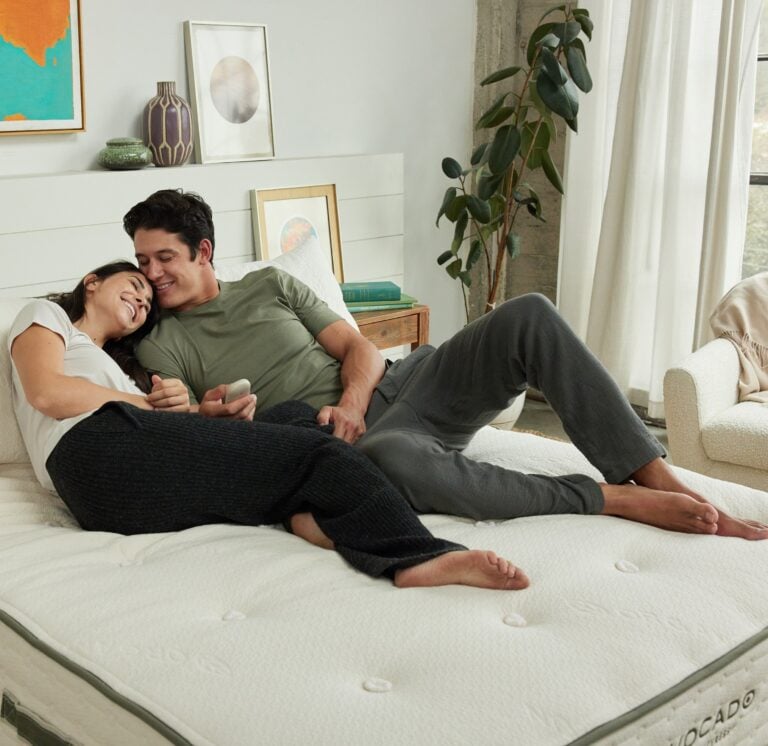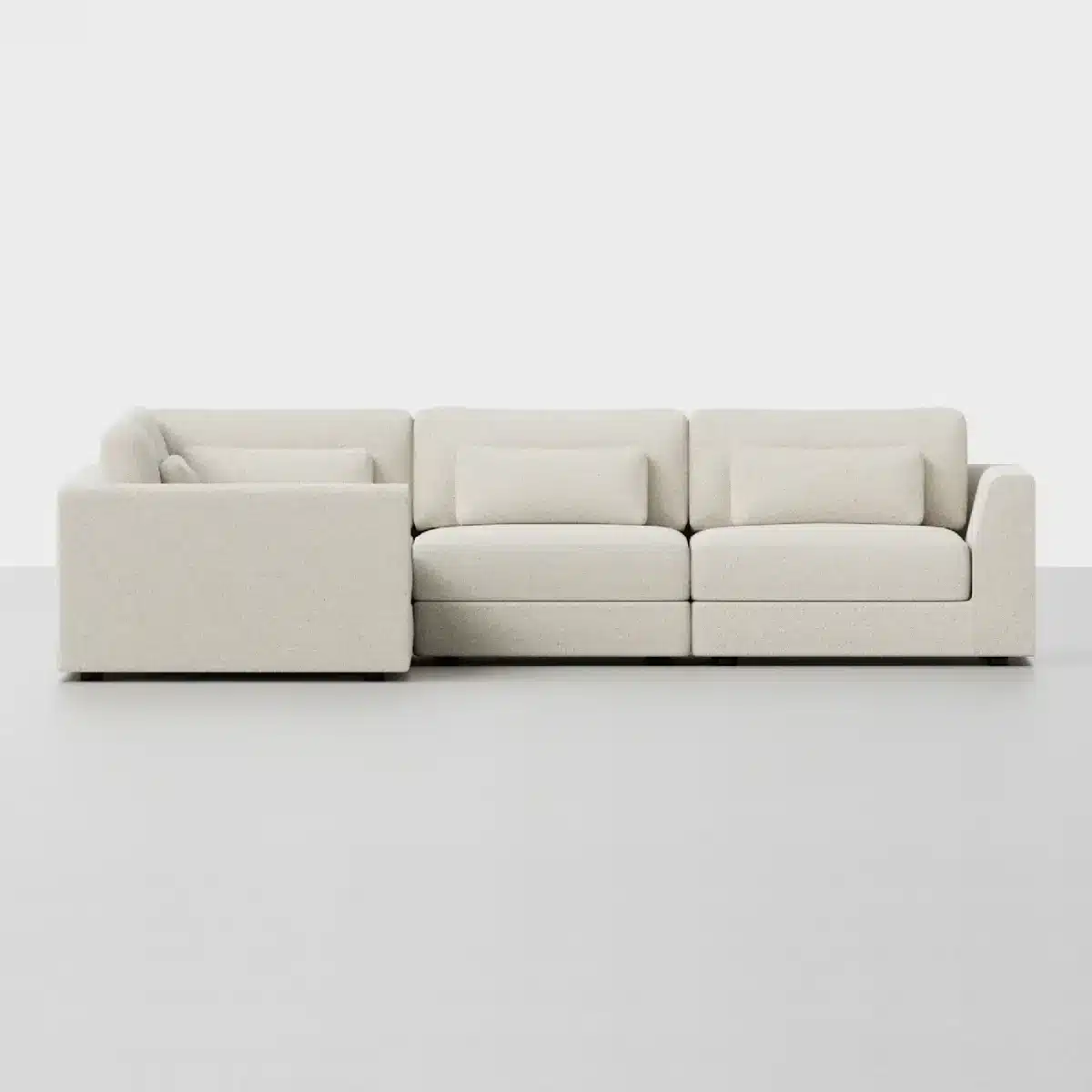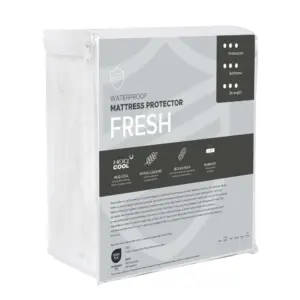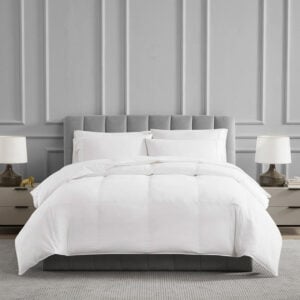The Science Behind Pressure Relief: Everything You Need to Know
Introduction
Pressure relief is a vital element in achieving a restful night’s sleep, particularly for those who experience chronic pain or prefer to sleep on their sides. Understanding the science behind pressure relief can empower you to select the ideal mattress, significantly enhancing your comfort and overall well-being.
What is Pressure Relief?
At its core, pressure relief is the process of evenly distributing your body weight across a surface, thereby reducing stress on sensitive areas. When you sleep, certain parts of your body, such as your hips and shoulders, can take on excessive pressure, resulting in discomfort and disrupted sleep. A mattress designed for optimal pressure relief spreads your weight evenly, allowing for better comfort and alignment, promoting a rejuvenating sleep experience.
How Does Pressure Relief Work?
To appreciate how pressure relief functions, it’s essential to illustrate its significance both in mechanical systems and in mattress design.
In mechanical contexts, pressure relief is crucial for preventing system failures. Devices like pressure relief valves manage excess pressure in industrial settings. When pressure exceeds the threshold, these valves open to release the buildup, safeguarding the machinery.
In the realm of mattresses, pressure relief serves a different but equally important purpose. A well-constructed mattress is engineered to distribute body weight evenly, alleviating stress on pressure points like the hips, shoulders, and lower back.
Much like mechanical systems that need balance to function safely, a quality mattress maintains equilibrium, ensuring that pressure doesn’t lead to discomfort or pain. Whether it’s a valve in machinery or a mattress on your bed, the principle of pressure relief is about promoting a comfortable, functional experience.
The Importance of Pressure Relief in Mattresses
How Pressure Points Affect Sleep
Pressure points emerge when specific areas of the body experience built-up stress while lying down. Common pressure points include your shoulders, hips, and heels. Discomfort at these points can disrupt your sleep, prompting restless tossing and turning. Poorly managed pressure points can even inhibit blood flow, causing numbness and further pain, making it nearly impossible to enjoy a restful night.
Benefits of Pressure Relief Mattresses
Pressure relief mattresses are designed to tackle these discomforts by evenly distributing your body weight, leading to several advantages:
– Enhanced Comfort: By alleviating pressure on sensitive areas, these mattresses provide greater comfort, particularly beneficial for side sleepers who often put increased weight on their hips and shoulders.
– Pain Relief: Those with chronic pain conditions, such as arthritis or back pain, often find that pressure relief mattresses can mitigate their symptoms. Memory foam, for instance, adapts to your body contours, providing necessary support and alleviating pain.
– Improved Sleep Quality: Effective pressure relief allows for uninterrupted sleep, crucial for overall health and well-being.
– Reduced Pressure Points: These mattresses naturally distribute your weight, minimizing the risk of developing new pressure points or aggravating existing ones.
– Better Circulation: By lessening pressure on critical areas, pressure relief mattresses can enhance blood flow, which is vital for maintaining healthy tissue and muscle function.
In conclusion, pressure relief in mattresses is fundamental for anyone seeking to enhance comfort, alleviate pain, and improve sleep quality. Whether you have chronic pain or simply want a more refreshing night’s sleep, investing in a pressure relief mattress can yield significant benefits.
Types of Pressure Relief Mattresses
Not all mattresses achieve pressure relief in the same way. Let’s explore the different types of pressure relief mattresses and their unique features.
Memory Foam Mattresses
Memory foam mattresses adapt to your body shape thanks to their viscoelastic properties. This body contouring feature helps distribute weight evenly and minimizes pressure points, making them popular among those seeking comfort and pain relief.
– Viscoelastic Foam: Conforms to your individual body shape.
– Pressure Relief: Alleviates pressure on key areas like hips and shoulders.
– Comfort: Offers a soft, cushioned feel.
Latex Mattresses
Latex mattresses, available in natural and synthetic varieties, provide exceptional support and durability. Natural latex, derived from rubber tree sap, is often preferred for its eco-friendly nature.
– Durability: Offers long-lasting support.
– Pressure Relief: Both types provide solid weight distribution.
Hybrid Mattresses
Hybrid mattresses combine the support of innerspring coils with the comfort of foam layers, making them versatile for various sleepers.
– Balanced Feel: Provides a mix of support and comfort.
– Pressure Relief: Foam layers significantly reduce pressure points.
Air Mattresses
Air mattresses allow for adjustable firmness through air chambers, enabling customizable support.
– Customizable Support: Change firmness levels to meet individual preferences.
– Pressure Relief: Excellent for varying support needs.
Waterbeds
Waterbeds, filled with liquid, offer unique support and pressure distribution. They can be adjusted for personalized comfort.
– Floating Sensation: Minimizes pressure on joints.
– Adjustable Support: Modify the water level for customized comfort.
How to Choose the Right Pressure Relief Mattress
Selecting the ideal pressure relief mattress requires careful consideration of various factors, including your sleep position, body weight, firmness preferences, health conditions, and budget.
Sleep Position
Your sleep position significantly influences your mattress choice:
– Side Sleepers: Benefit from medium-soft to medium-firm mattresses that relieve pressure on shoulders and hips.
– Back Sleepers: Need medium-firm to firm support that maintains spinal alignment.
– Stomach Sleepers: Require firmer mattresses to prevent misalignment.
Body Weight
Your weight also impacts mattress firmness:
– Lightweight (<150 lbs): Softer mattresses are recommended for pressure relief.
– Average Weight (150-230 lbs): Medium-firm often offers the best balance.
– Heavyweight (>230 lbs): Firmer mattresses provide essential support for correct alignment.
Health Conditions
Specific health concerns may necessitate specialized features:
– Chronic Pain: Memory foam and latex mattresses can help relieve pressure.
– Pressure Ulcers: Air mattresses with adjustable firmness can be customized to reduce pressure.
Frequently Asked Questions about Pressure Relief
What does pressure relief mean?
Pressure relief involves reducing discomfort by evenly distributing body weight across a mattress. This minimizes pressure on certain areas, promoting better sleep quality.
How often should you shift for pressure relief?
For optimal comfort, individuals with specific medical concerns, like pressure ulcers, should reposition regularly—typically every two hours—to improve circulation and prevent sores.
What’s the difference between pressure relief and pressure release?
While pressure relief refers to reducing discomfort in mattresses, pressure release is related to mechanical systems and involves expelling excess pressure to prevent failure.
Conclusion
At Yawnder, we are committed to guiding you toward achieving better sleep through meticulously designed mattresses that focus on effective pressure relief. Our expert reviews and recommendations consider various factors such as sleep patterns and health conditions, ensuring you find the perfect fit for your needs.
Investing in a suitable mattress can be transformative, significantly improving your sleep quality, reducing discomfort, and enhancing overall health. Explore our diverse range of pressure relief mattresses, including memory foam, latex, hybrid, air, and waterbeds, tailored to meet your unique preferences.
Don’t compromise on your health—choose Yawnder for your next mattress and discover the benefits of exceptional pressure relief. Sleep better, live better.



















